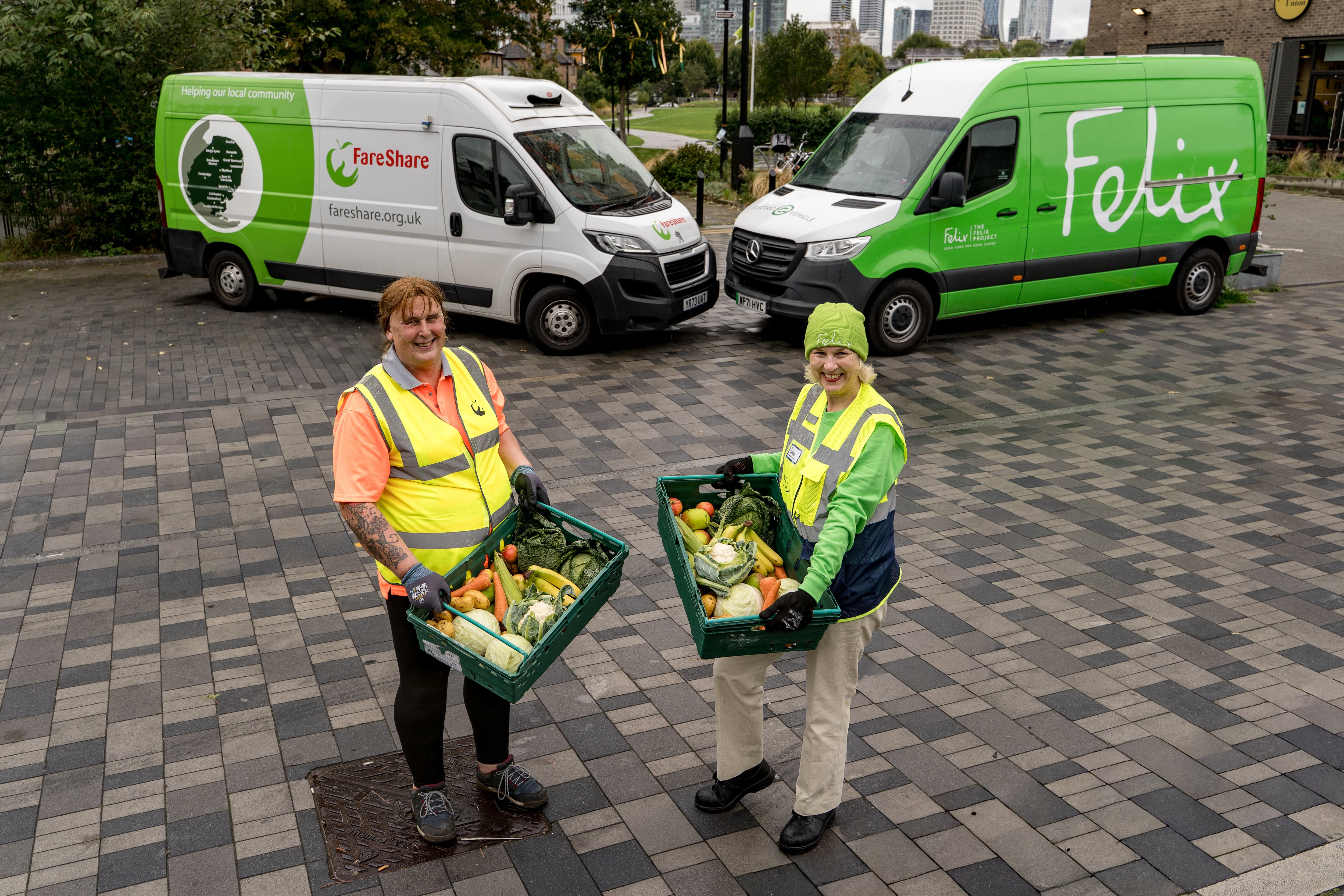In its latest report Roadmap to Reducing Food Insecurity in the UK the charity found that households with children, disabled people and those in receipt of benefits are consistently at greater risk of food insecurity than the general population.
One in seven households with children (15%) were more likely to be impacted and were 1.5 times more likely to be affected by food insecurity than those without children.
It also found that while those limited by a disability were 3.7 times more impacted than those without a disability, those on universal credit were 3.7 times more likely to be impacted by those not claiming the benefit.
The Food Foundation report said that while levels of food insecurity have fallen slowly since the peak of the cost-of-living crisis, they “remain incredibly high.”
The report said that external events such as the pandemic, the invasion in Ukraine, and global inflation have exacerbated food insecurity in the UK.
It also said that food price inflation has “undoubtedly” been one of the most “significant challenges”, affecting everyone, but hitting people who were already on the breadline the hardest.
It concluded through its analysis of the past five years that policy interventions to support low-income families resulted in rapid improvements in food insecurity levels. Equally, when support has been taken away, this has had substantial negative impacts.
In response, the Food Foundation has called for the Government’s food policies to set out a long-term strategy to minimise levels of food insecurity in the UK.
The report said: “Addressing food insecurity is essential to advancing several government priorities, including reducing reliance on food banks, addressing disparities in life expectancy, breaking down barriers to opportunity, reducing child poverty, and having the healthiest generation of children ever.
“Failure to address barriers that prevent low-income families from accessing and affording a healthy diet will undermine these goals.”




